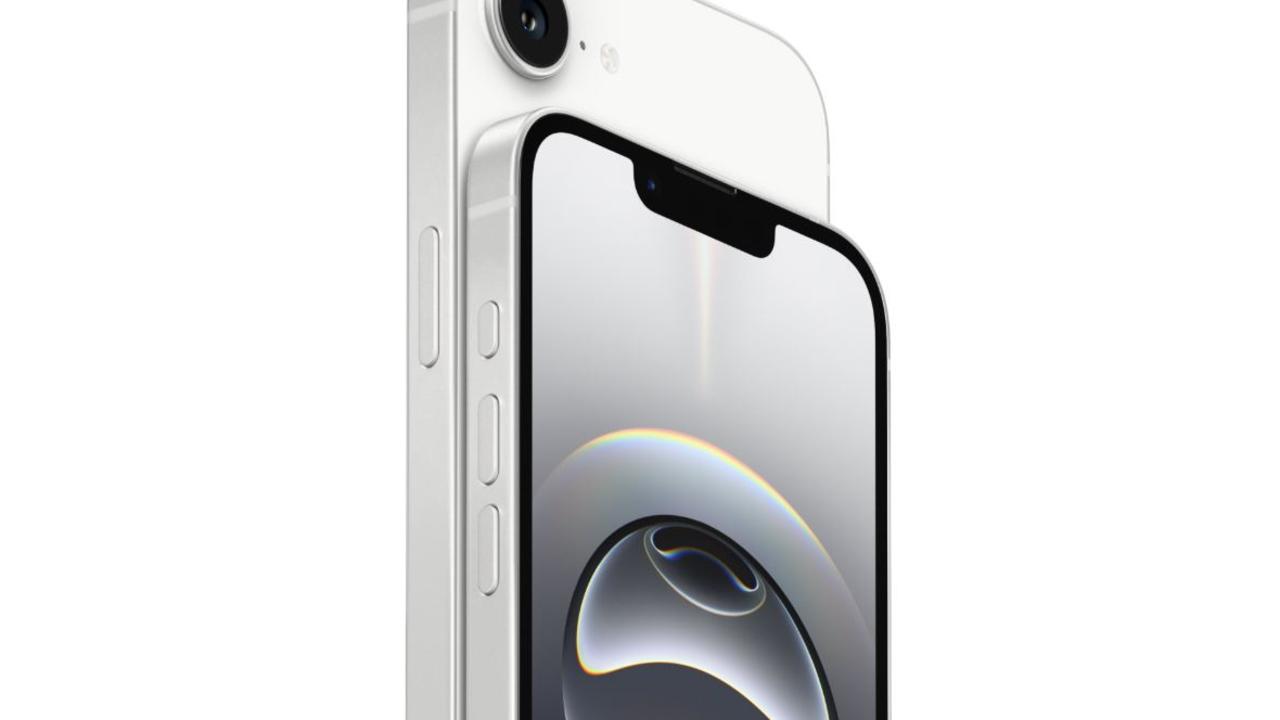Fears the controversial Chinese tech giant Huawei is spying on us
HUAWEI’S CEO has rejected suggestions that the company’s products are spying on us, saying in three decades there has not been a shred of evidence. But here’s what you should know about the Chinese tech giant.
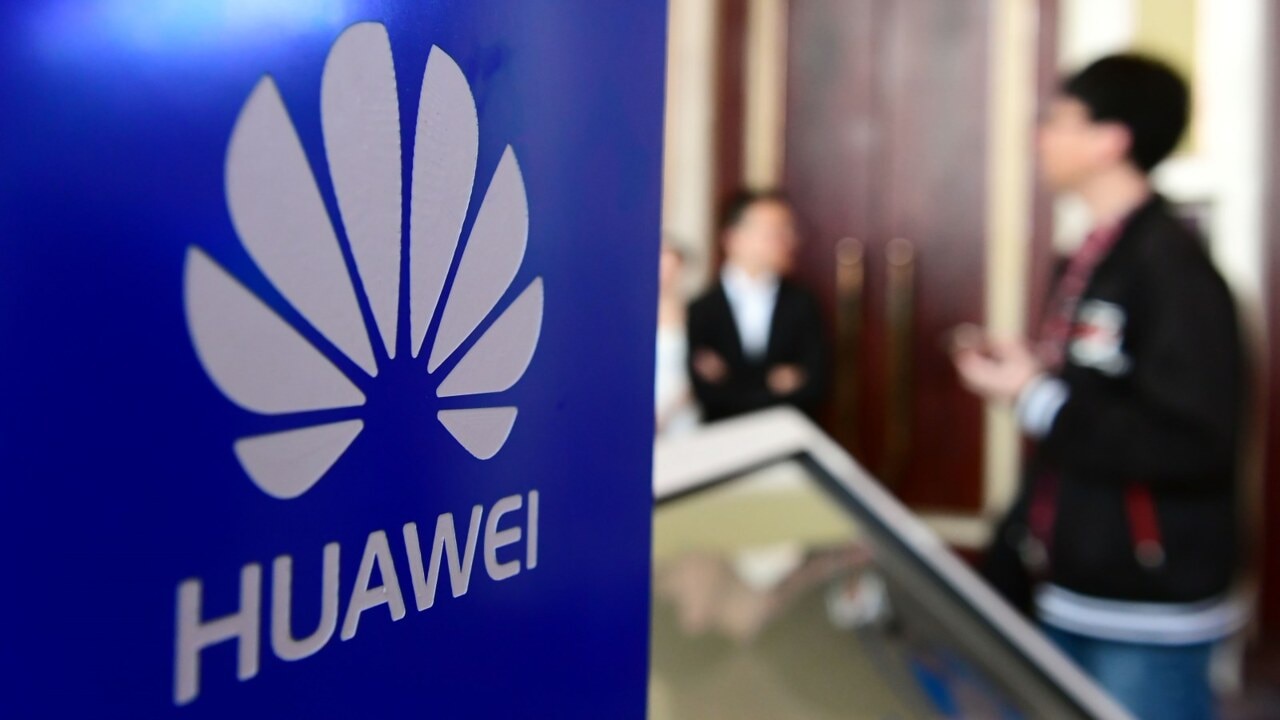
Smartphone
Don't miss out on the headlines from Smartphone. Followed categories will be added to My News.
CHINESE tech giant Huawei has broken its silence after it was yesterday revealed as the biggest corporate sponsor of overseas travel for Australia’s federal politicians over the past eight years.
Huawei’s Australian chairman John Lord today said Canberra was yet to address whether the company would be banned from the 5G rollout, and denied suggestions the company would hand over information about Australian customers to the Chinese government.
The 12 international trips, exposed in a report by the Australian Strategic Policy Institute, were far from the only controversy to befall the Shenzhen-based company, with their smartphones banned from US stores earlier this year, products stricken from Australia’s biggest carrier, and tenders rejected from the National Broadband Network.
But why is Huawei so feared, and what evidence is there that the Chinese firm is spying on you or the infrastructure you use? We investigate the story so far.
WILL AUSTRALIA BAN HUAWEI FROM 5G?
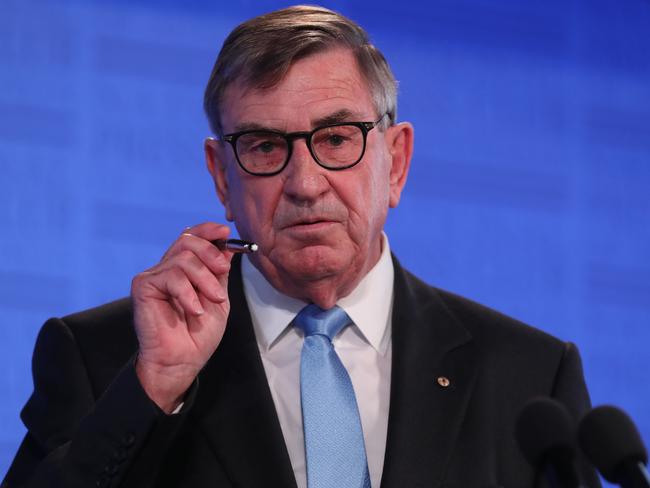
Huawei’s Australian chairman John Lord said he’s received no indication from Canberra that the company will be banned from the 5G rollout.
In a major speech today, where he tried to dispel “myths” about the company and took a swipe at anti-Huawei rhetoric out of the US, Mr Lord said there were still discussions happening with the Australian government about the network.
“As far as we’re concerned, Huawei can still be part of 5G in Australia,” he told the National Press Club.
“Nothing has been said to me that would change my belief.”
He warned Australia would be at a competitive disadvantage if it did ban the company.
“Australia cannot sit back and isolate itself from the technology rise happening in Asia,” Mr Lord said.
“To do so would impact on us economically and remove ourselves from world-leading technologies, while our trading competitors take full advantage of better technology, cheaper costs for that technology and benefit from the productivity gains that will flow.”
The chairman said he had “no idea” what intelligence advice Australia was getting on Huawei but backed the company’s clean record.
“We are proud that we’re the most audited, most inspected, reviewed and critiqued global ICT player in the world,” he said.
“We are proud that after every kind of inspection, audit, review, nothing sinister has been found - no wrongdoing, no criminal action, no intent, no back door, no planted vulnerability and no magical kill switch.
“In our three decades as a company no evidence of any sort has been provided to justify these concerns by anyone ever.”
Huawei, as a private company, would never hand over information about Australian customers to the Chinese government, Mr Lord said when asked whether the company would have to give up data if Beijing requested it.
“We obey the laws in every country in which we operate in,” he said.
He hit out at “throwaway” comments by US politicians attacking Huawei without proof, saying he was concerned the comments would be repeated and that “mud sticks”.
Asked about the new transparency register the Australian Parliament intends to establish, which will publicly list lobbyists for foreign governments as part of a foreign influence and espionage crackdown, Mr Lord said he did not think he or Huawei would have to register given the company was privately owned.
But he said if the government wanted him to register, he would have no problems doing it.
The laws establishing the register are expected to pass parliament this week.
WHAT IS HUAWEI?
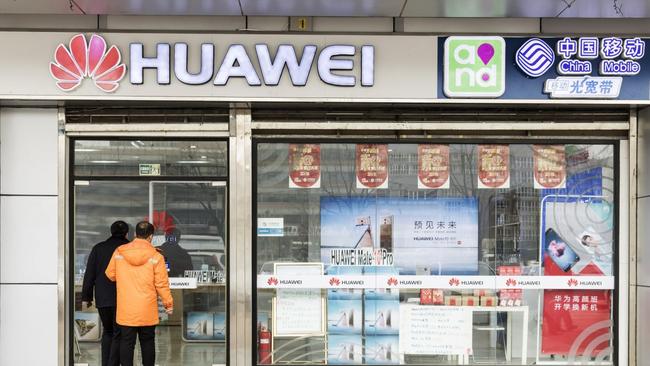
This tricky-to-pronounce firm is the world’s third largest smartphone maker.
It sold more than 40.4 million smartphones in the first quarter of the year — 10 per cent more than the year before — putting it just behind Apple and Samsung.
And Gartner research director Anshul Gupta says the company is closing “the gap with Apple,” using its new phones like the Huawei P20 and P20 Pro, both of which feature cameras created with German firm Leica.
Huawei is also the world’s biggest supplier of wireless networking equipment.
WHY IS HUAWEI CONTROVERSIAL?
Huawei was founded by a former People’s Liberation Army engineer, Ren Zhengfei, with shares owned only by its Chinese employees.
An investigation by the US House Intelligence Committee in 2012 concluded Huawei could not “be trusted to be free of foreign state influence” due to its close governmental ties, and recommended it be blocked from “acquisitions, takeovers or mergers” in the United States.
As such, Huawei was unable to buy Ethernet firm 3Com.
Ironically, however, it was America’s own National Security Agency that created a program called Shotgiant that could enter into Huawei network equipment via a backdoor to monitor communications.
The company was also revealed to have paid for 12 federal politicians to travel to China in the past eight years, but Huawei Australia corporate affairs director Jeremy Mitchell said the company did not back away from its actions and would “continue to invite and host people” to see its headquarters.
“Huawei doesn’t apologise for making people more aware about who we are and what we do,” he said.
“More than half the Australian population depend on Huawei’s technology for their daily communications needs.”
WHY IS HUAWEI BANNED FROM THE NBN?
The Labor Government banned Huawei from any role in Australia’s biggest infrastructure project in 2012, based on advice from the Australian Security Intelligence Organisation.
Huawei had been bidding for a $1 billion NBN tender but was blocked by the Attorney-General.
Then Communications Minister Malcolm Turnbull promised to review the ban in 2013, but it was upheld after further advice from national security agencies.
IS HUAWEI BANNED ELSEWHERE IN AUSTRALIA?
Huawei isn’t banned from Telstra, per se, but neither can you buy any of its smartphones from the telecommunications carrier.
Telstra did ban mobile phones and 4G modems from Huawei’s fellow Chinese firm ZTE in May this year after it was hit by US sanctions for selling equipment to Iran and North Korea.
More than 20 ZTE devices were pulled from Telstra shelves as part of the move.
Reports in the US indicate its Justice Department is currently investigating whether Huawei also sold equipment to Iran.
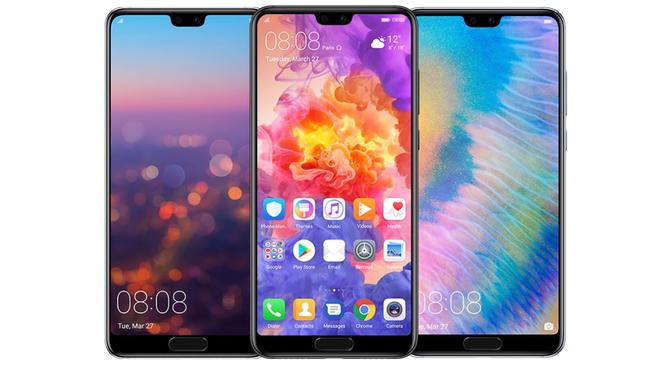
The Federal Government is also considering whether to prevent Huawei from providing equipment to build Australia’s 5G phone networks. The company already provides much of the equipment used to deliver 4G mobile connections in Australia.
US Republican congressman Michael Conway warned officials that using Huawei or ZTE equipment could damage Australia’s partnership with America.
IS HUAWEI BANNED ELSEWHERE?
Stores on US military bases were banned from selling Huawei and ZTE smartphones in May this year, with a Pentagon issuing a statement that they “pose an unacceptable risk to the department’s personnel, information, and mission”.
The US stopped short of actually banning military personnel from using Huawei phones, however.
IS THERE EVIDENCE HUAWEI HAS SPIED?
Despite the concerns of security agencies in the US and Australia, there is no hard evidence that Huawei has gathered communications for the Chinese government.
In 2016, a group of inexpensive smartphones sold on Amazon were found to be secretly transmitting text messages and call logs back to China. None of the phones were made by Huawei, or designed for markets outside China.
CAN I STILL BUY A HUAWEI PHONE?
Huawei smartphones aren’t for sale at Telstra, but Optus and Vodafone still stock some of its older smartphones.
The company’s latest models are not available on a plan in Australia, however, and can only be purchased outright from retail stores.
In the US, a deal between major carrier AT & T and Huawei was scrapped days before its announcement in December, reportedly at the urging of the US House Intelligence Committee.
Originally published as Fears the controversial Chinese tech giant Huawei is spying on us

